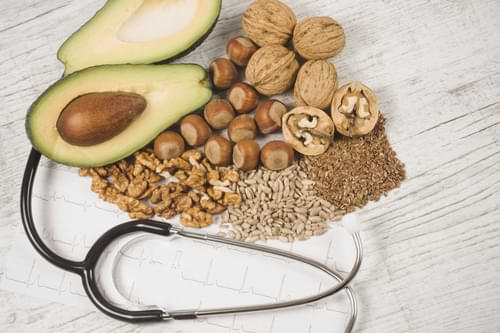In an era where the world is grappling with an escalating climate crisis, environmental degradation, and a surge in chronic diseases, the plant-based revolution has emerged as a powerful catalyst for change. This transformative movement extends far beyond dietary choices; it represents a profound shift in our collective consciousness, prompting us to re-examine our relationship with the planet and our own well-being.
The Environmental Impact
Addressing Climate Change
The production of animal-based foods contributes significantly to greenhouse gas emissions, deforestation, and water pollution. By embracing a plant-based diet, we can substantially reduce our carbon footprint and mitigate the detrimental effects of climate change. Plant-based foods require fewer resources and generate fewer emissions, making them a sustainable choice for a greener future.
Conserving Natural Resources
Animal agriculture is a resource-intensive industry, consuming vast amounts of land, water, and energy. In contrast, plant-based foods have a much smaller ecological footprint, allowing us to conserve precious natural resources and promote environmental sustainability.
Health Benefits of a Plant-Based Diet
Preventing Chronic Diseases
Numerous studies have demonstrated the profound health benefits of a plant-based diet. By consuming a variety of whole, nutrient-dense plant foods, we can reduce the risk of chronic conditions such as heart disease, type 2 diabetes, and certain types of cancer. Plant-based diets are rich in fiber, antioxidants, and phytochemicals, which promote overall well-being and longevity.
Promoting Healthy Weight Management
Plant-based diets are typically lower in calories and higher in fiber, making them an effective tool for achieving and maintaining a healthy weight. By consuming nutrient-dense plant foods, we can feel satisfied and energized while naturally supporting weight management goals.
Enhancing Gut Health
The fiber-rich nature of plant-based foods supports a healthy gut microbiome, which plays a crucial role in immune function, nutrient absorption, and overall well-being. By incorporating a diverse array of plant-based foods into our diets, we can nurture a thriving gut ecosystem and reap the associated benefits.
Also check: The Surprising Health Benefits of Going Vegan
Embracing a Plant-Based Lifestyle
Transitioning to a Plant-Based Lifestyle
- Start Slowly: Begin by incorporating more plant-based meals into your weekly routine. Focus on whole foods like vegetables, fruits, legumes, and whole grains.
- Explore New Foods: Experiment with a variety of plant-based ingredients and recipes to discover delicious and satisfying meals.
- Educate Yourself: Learn about the nutritional benefits of different plant foods to ensure you’re meeting your nutrient needs, including protein, iron, calcium, and vitamin B12.
- Supplementation: Consider taking supplements like vitamin B12, vitamin D, and omega-3 fatty acids to support optimal health on a plant-based diet.
Plant-Based Nutrition for Specific Health Goals
- Athletic Performance: Plant-based diets can provide ample energy, protein, and essential nutrients for athletes, supporting endurance and recovery.
- Weight Loss: Plant-based diets can be effective for weight loss due to their high fiber content, which promotes satiety and reduces calorie intake.
- Chronic Disease Management: Plant-based eating may help manage conditions like high blood pressure, diabetes, and inflammation by promoting a nutrient-rich, low-fat diet.
Also check: The Role of Nutrition in Mental Health
The plant-based revolution is a profound and multifaceted movement that has the potential to transform not only our plates but also our planet and our collective well-being. By embracing this revolution, we can make a positive impact on the environment, improve our health, and contribute to a more compassionate and sustainable future. Let us embark on this journey together, one plant-based meal at a time.






